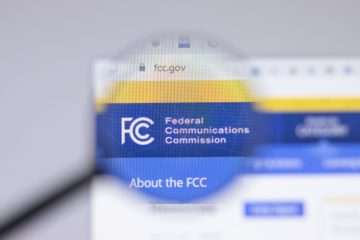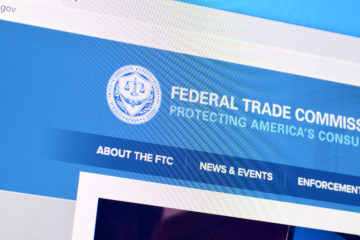Virginia Governor Glenn Youngkin rose to political prominence on the promise to empower parents in education. But his recent executive order banning students from bringing cellphones to school contradicts that promise—and raises troubling questions about the role of government in family life.
As Market Institute Senior Fellow Norm Singleton writes in RealClearMarkets, the new Virginia Department of Education “guidance” strips parents of their right to decide whether their child can carry a phone.
“The Virginia Department of Education recently issued a “guidance” for Virginia schools to help them implement Governor Glenn Youngkin’s executive order forbidding students from using cellphones while at school. The bill claims the ban is necessary to create a “distraction-free environment to focus on learning and reduce the alarming mental health crisis and chronic health conditions from cell phones and social media affecting Virginia students.”
Aside from exceptions for children with medical conditions requiring access to a phone, Youngkin’s order strips parents of the authority to decide whether their child should carry a cellphone to school. It is rather ironic that Youngkin is usurping parental rights in this manner since he won the Virginia governorship in large part due to the argument that parental rights should shape public school policies.
Unfortunately, Youngkin is not the only conservative to support having government decide whether children should be allowed to bring cell phones to school. Popular conservative commentator Matt Walsh recorded a commentary supporting Youngkin’s ban. In his video, Walsh accused parents who give their kids smartphones or who allow or encourage them to carry phones to school of putting their child’s desire to “be cool” ahead of their education and emotional development. Like many supporters of school-wide cellphone bans, Walsh thinks that if children have access to cellphones in the classroom they will mindlessly scroll through their phones instead of listening to the teachers. Walsh forgets that most teachers have experience dealing with distracted students.
Walsh also claims that allowing children to have cellphones in school will turn them into screen addicts whose only contact with others is online. This is a popular talking point from those opposed to allowing children to have cellphones. A new report from researchers at the University of Florida suggests that Youngkin, Walsh, and their allies need not worry. According to Justin D. Martin, the study’s lead researcher, “we went into this study expecting to find what many researchers, teachers and other observers assume: smartphone ownership is harmful to children.” However, “most of the time we found the opposite—that owning a smartphone was associated with positive outcomes.”
The study consisted of a survey of 1,530 Florida public school students aged 11 to 13. Contrary to popular belief, children with smartphones are more likely to spend “face to face” time with friends than children without them. The study also found that children with cellphones are less likely to struggle with depression or negative self-image. In fact, the study found that children without smartphones are more likely to be cyber bullied than those with smartphones. On the other hand, the study did find that children who use their smartphones to regularly make public posts on social media were more likely to suffer from sleep deprivation and depression.
As Reason Magazine senior editor Elizabeth Nolan Brown pointed out, the study’s results may be caused by factors not accounted for by the researchers. For example, children whose parents allow then to have smartphones may have already demonstrated the maturity to responsibly use the phone. What the study does establish is that “one-size-fits-all” bans are an inappropriate way to address even legitimate concerns about children’s use of cellphones and other electronic devices.”


